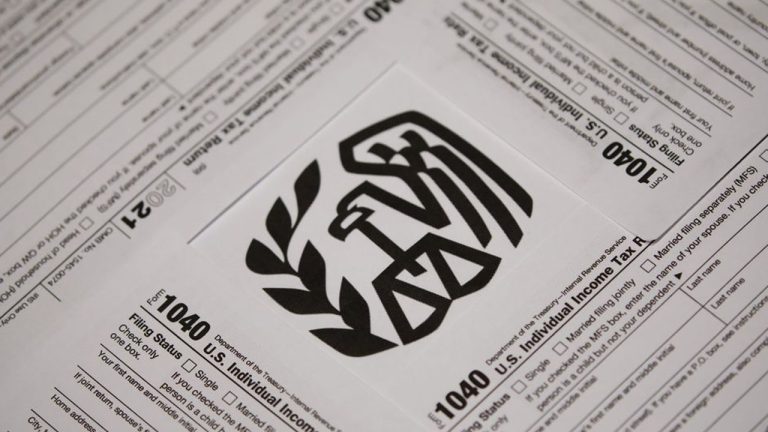
Kraken, the San Francisco-headquartered digital currency exchange, has received a court order from a U.S. judge requiring the release of customer data to the Internal Revenue Service (IRS). The court filing, submitted on Friday, states that the IRS is seeking details pertaining to accounts that registered an annual trading activity of $20,000 or higher during the years 2016 to 2020.
IRS Gains Court Order for Kraken’s Customer Data in Crypto Tax Investigation
Last February, the IRS submitted a court petition to the Northern District of California, outlining its intention to thoroughly investigate Kraken’s financial records and data in order to uncover cryptocurrency users who may have neglected their tax obligations. The petition specifically requested access to Kraken’s “books, records, papers, and other data.”
“The IRS is conducting an investigation to determine the identity and correct federal income tax liability of U.S. persons who conducted transactions in cryptocurrency for the years ended December 31, 2016, 2017, 2018, 2019, and 2020,” the petition declared.
According to the IRS, the tax agency sent Kraken’s parent company Payward Ventures Inc. a summons in 2021 in order to get customer info for traders who used the platform during the 2016-2020 period. The government believes that it has a valid reason for requesting the materials listed in the subpoena. The presiding judge Joseph C. Spero ruled that the IRS is authorized “to obtain items of even potential relevance to an ongoing investigation, without reference to its admissibility.”
Consequently, Spero granted the IRS’s request and authorized an order for Kraken to disclose comprehensive user information, including full names, pseudonyms or user IDs, dates of birth, taxpayer identification numbers, physical addresses, telephone numbers, and email addresses. This requirement encompasses all Kraken users who have engaged in transactions involving cryptocurrency assets, regardless of the transaction type, with a combined value equal to or surpassing $20,000 within any of the stated years.
In November 2017, Coinbase complied with a federal court order in San Francisco that compelled the company to disclose customer data to the IRS. The ruling mandated Coinbase to provide the tax agency with identifying details of users who had engaged in transactions exceeding $20,000 between 2013 and 2015. The IRS had set its sights on cryptocurrency tax evaders, and Coinbase became entangled in the pursuit for information. The IRS’s legal tussle with Coinbase was referenced multiple times in the court case against Kraken.
What are your thoughts on the court’s decision to compel Kraken to release customer data to the IRS? Share your views and opinions about this subject in the comments section below.
from Bitcoin News https://ift.tt/ugwQF03
Comments
Post a Comment